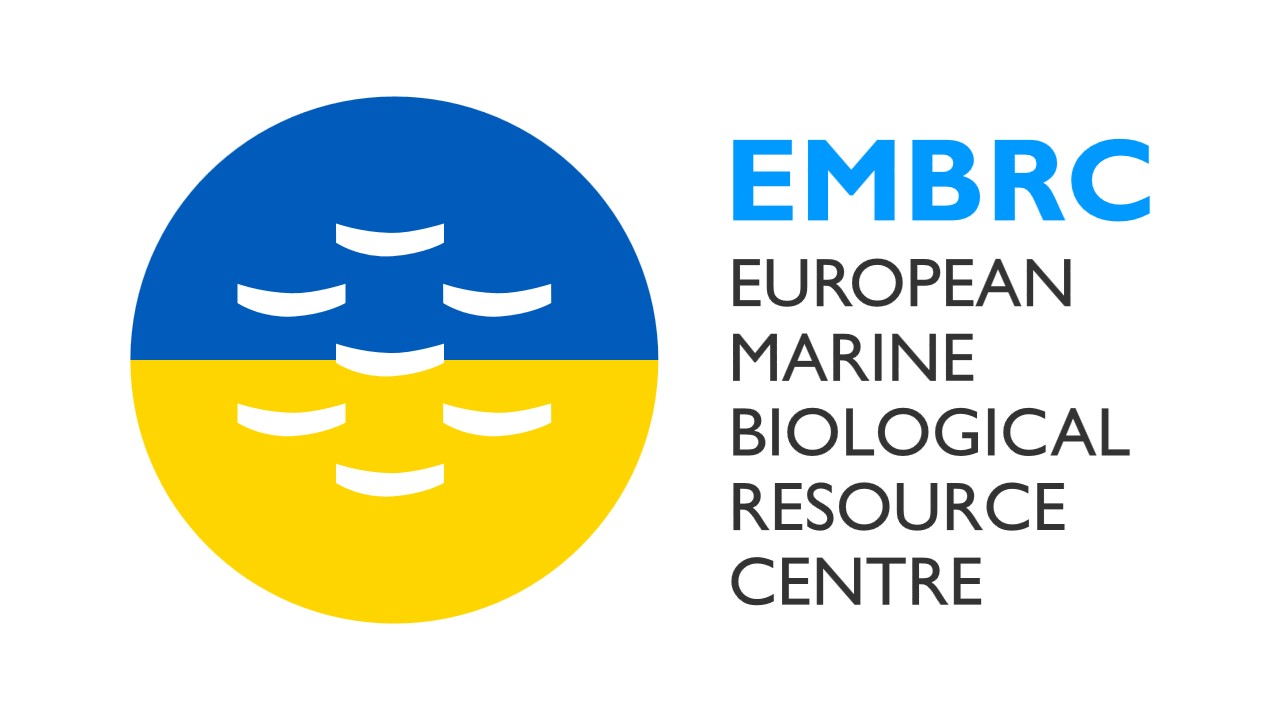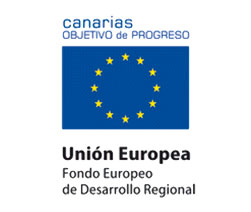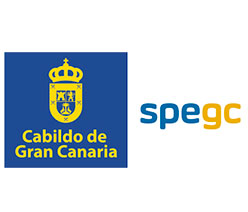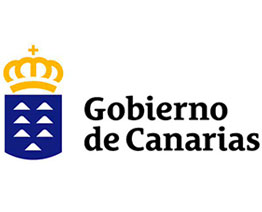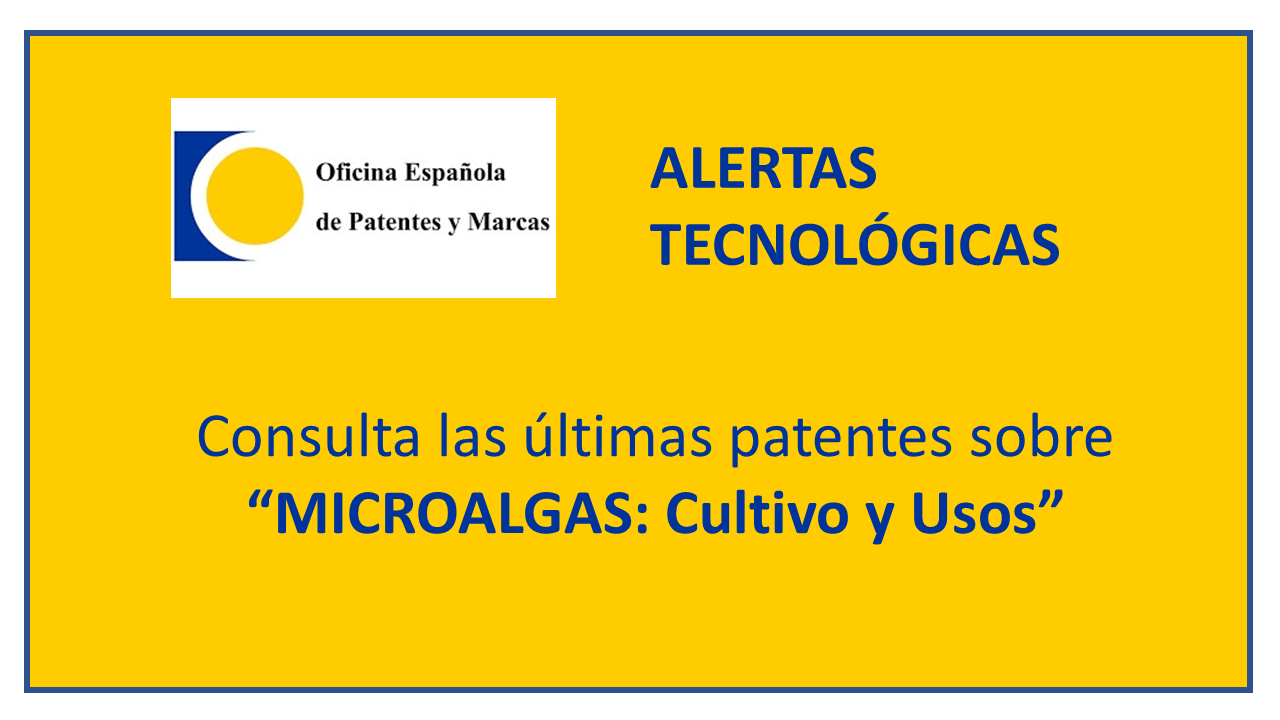Banco Español de Algas
The Spanish Bank of Algae (BEA) is an infrastructure of the Universidad of Las Palmas de Gran Canaria managed by the Canarian Science and Technology Park Foundation (FCPCT). Its basic objectives are the isolation, characterization, conservation, supply and development of cultivation techniques and applications of microalgae and cyanobacteria from a scientific-technological point of view.
The BEA is a member of the European Culture Collections’ Organisation (ECCO), of the World Federation for Culture Collections (WFCC) and is included in the World Data Centre for Microorganisms (WFCC-MIRCEN), being accredited before the Government of Spain as the international authority for the deposit of microorganisms, in accordance with the provisions established in the Budapest Treaty.
If you want to know better the Spanish Bank of Algae, you cannot miss our Virtual Visit in the following link.
Strains of microalgae from tropical and subtropical regions are maintained in the BEA, particularly from the Macaronesian region. This collection of strains (> 1900 clonal strains) offers great potential for the development of industrial applications, allowing companies, scientific groups, and institutions around the world access to unique genetic resources, hardly explored, for their application in biotechnological processes, essentially in the areas of:
-
Energy (Biofuels)
-
Health and wellness (Pharmaceutical, Biomedicine, Cosmetics)
-
Nutrition (human and animal) and nutraceutical
-
Industrial processes
-
Environment
It also offers services to companies, research institutions and technological development centres, to facilitate the implementation of initiatives and projects essentially related to industry and research on microalgae and cyanobacteria.
In parallel, the BEA is committed to its own research and technology (development and innovation) program, attending to the following priority strategic lines:
1.- Preservation of Biodiversity of microalgae and cyanobacteria
2.- Polyphasic identification of the isolated strains
3.- Technological development for the production, identification, and characterization of bioactive compounds of microalgae and cyanobacteria
4.- Characterization, biotechnological and biochemical valorisation of biomass, and production of extracts from the strains in the collection aimed at the following thematic lines:
- Agricultural biostimulants and biopesticides
-
Bioremediation, biodiversity, and environment
-
Bioactive substances (antibiotics, antivirals, antitumor, antifungals)
-
Industrial applications of algal pigments
-
Algae and functional metabolites for Food / Nutrition / Health
-
Metabolites for the cosmetic industry
-
Algae for animal consumption and aquaculture
As a priority activity it is the dissemination of the scientific-technological activities developed, for what the BEA carries out scientific publications and actions linked to dissemination and transfer of knowledge on an ongoing basis both locally, nationally, and internationally.
In 2018, the BEA has been awarded by the Cabildo de Gran Canaria with the Can de Plata in the field of Sciences and in 2020 it has repeated this award as part of the Institute of Oceanography and Global Change (IOCAG) of the ULPGC.
FACILITIES
The Spanish Bank of Algae is currently working on the design and implementation of the Quality System in accordance with the ISO 9001:2015 standard.














